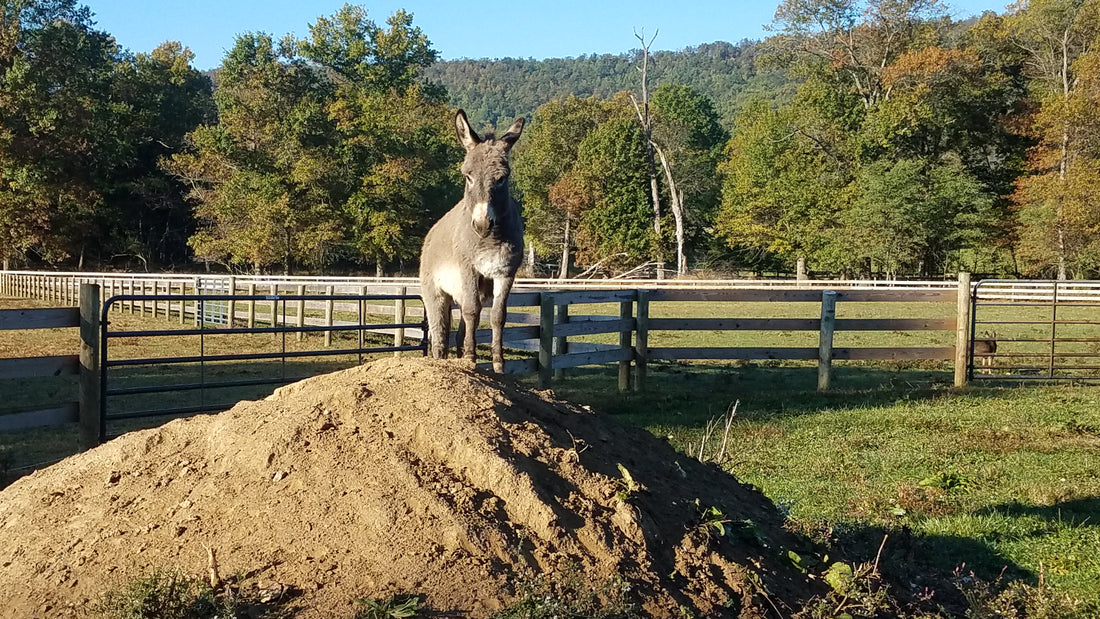Donkeys have a long and fascinating history. While they are most widely known for being sure-footed steeds and pack animals, few are aware of their more majestic characteristics. These intelligent creatures have been used in the military since ancient times. Not only were they put to use to transport supplies, they were often a friend and mascot. Their adorable and peaceful appearance have been attributed to alleviating anxiety and depression around the soldiers.
These dedicated, small balls of fluff need to be acknowledged for their feats of heroism as well. According to modern farmer,
“The first recorded instance of a heroic military donkey came in 520 BC," according to John Kistler’s Animals in the Military. "On at least one occasion, army donkeys … saved an army from destruction," writes Kistler. "The Scythian cavalry pursued King Darius I of Persia … but the ‘hard braying’ of Persian donkeys upset the Scythian horses. Darius then moved all his donkeys to the rear, and they effectively covered the retreat from the enemy.’”
All the kings horses, mounted with men, couldn’t defeat the little donkeys braying at them.
Not to be out-shined, during World War I, a donkey named Duffy helped his handler haul 300 injured men to safety. The bond between donkey and soldier must have been exceptionally strong for Duffy to have repeatedly entered dangerous terrain. It is said that donkeys gained their stubborn reputation through refusal to move into a situation they perceived as unsafe.
Though extravagant amounts of patience is required to train a donkey similar to Duffy, actions and words help them realize they can trust their humans, and many will relent to training. Finnigan is another story. The Sassy Ass’s first, finicky fur baby, has made it a life goal to live up to his ancestors’ mighty reputation. His daily routine consists of stealthily maneuvering under fences, making his fellow pasture mates’ prisoners by shutting them into their stalls, and keeping a lookout from the top of his dirt pile. As a lone warrior, he often chooses to do as he pleases, relenting when he finds the benefit worth the sacrifice of will.

